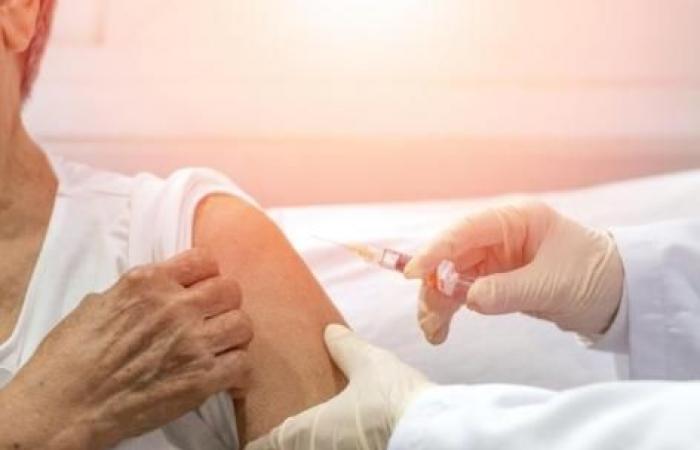THE ESSENTIAL
- Since December 10, the Shingrix vaccine against shingles has been reimbursed at 65% by Social Security for people aged 65 and over, as well as for immunocompromised adults. The objective is to prevent this disease caused by the reactivation of the varicella-zoster virus, which affects 300,000 people each year.
- Recommended since March 2024, the vaccine requires two doses spaced two to six months apart, without a booster. Until then entirely the responsibility of patients in pharmacies, its high cost (188 euros per dose) limited its access.
- This expanded reimbursement and the possibility for pharmacists to administer it should improve the protection of populations at risk.
A crucial step in the fight against this infectious disease: the Shingrix vaccine against shingles is now reimbursed at 65% for seniors aged 65 and over and immunocompromised people who are particularly affected. This is what France Info learned on Tuesday December 10 from the High Authority of Health (HAS) and after publication of a decree in the Official Journal.
What is shingles?
Shingles is an infectious disease that causes painful blisters to appear on the skin. It is caused by the reactivation of the varicella-zoster virus, already present in the body of anyone who has contracted chickenpox. This reactivation often occurs in people whose immune systems are weakened, due to age, illness or treatments such as chemotherapy. Every year, nearly 300,000 French people suffer from shingles, the majority of whom are over 60 years old.
For these populations at risk, the Shingrix vaccine, recommended since March 2024, offers effective protection, preventing the appearance of shingles in eight out of ten cases. Until now, its high cost (188 euros per dose) and the total lack of reimbursement hampered its accessibility. And this, even though the vaccination schedule requires two injections, spaced two to six months apart depending on needs, specifies Vidal.
Vaccination without booster
Until May 2024, the vaccine was fully reimbursed only in hospitals. It now benefits from a 65% reimbursement for eligible patients in community pharmacies. This measure aims to expand access to the vaccine, although some vulnerable people may still have difficulty financing the remainder. The objective, according to the HAS, is to better protect fragile populations, often faced with serious complications of shingles, such as chronic disabling pain. At the same time, the GSK laboratory, which markets Shingrix in more than 40 countries, is delighted that pharmacists, nurses and medical biologists can now prescribe and administer the vaccine, further facilitating its deployment.
Unlike flu or Covid-19 vaccines, Shingrix does not require an annual booster, which simplifies logistics for those affected. However, as HAS points out, it is crucial that this new vaccination opportunity is accompanied by information campaigns to make eligible people aware of its benefits.






